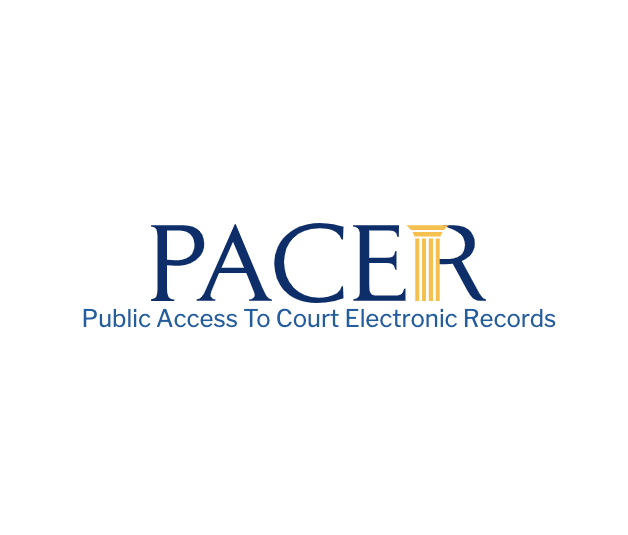Transparency Groups to Congress: PACER “Unsustainable” But Don’t Just Take Our Word for It
GSA study commissioned by the U.S. Courts urges PACER modernization and for Congress to act
Letter comes days before joint status report in PACER class action
In light of a study — paid for and released by the federal courts themselves — that recommends overhauling PACER and CM/ECF, Fix the Court, the ACLU, AFPF and more than a dozen other transparency groups have sent a letter highlighting these findings to the 22 members of Congress who’ve supported “free PACER” bills in the past and called on them to renew their legislative efforts this session.
Read the letter here.
“Reform is overdue, and Congress has a primary role to play,” write the letter’s 18 signatories. “Encouraged by the report’s findings, we hope you continue your efforts to improve CM/ECF and PACER and create the contours, via bipartisan legislation, for an intuitive 21st century system that gives the American people the seamless, free access to court documents we deserve.”
The study, written earlier this year by GSA digital services agency 18F and released publicly last month, brings new detail and additional urgency to the effort to remake and improve the federal courts’ document storage, retrieval and case management system. The main takeaway: “The foundational technology is outdated, and some components are becoming obsolete; it is not sustainable.”
“There is the potential for many cybersecurity vulnerabilities resulting from the way CM/ECF software is built, deployed, and maintained,” 18F further describes. The paper concludes: “Building a new system will be challenging, but the benefits will be tremendous – better user experience, improvements delivered more frequently, less costly, better security posture, and easier for the judiciary to maintain into the future.”
“This report confirms what any PACER or CM/ECF user has experienced: access to court filings is unnecessarily costly and complicated,” FTC’s Gabe Roth said. “And though the courts funded the study, there’s zero chance the branch will turn around and make the necessary fixes. So it’s incumbent upon Congress to write a law to remedy these deficiencies and ensure the public’s common law and First Amendment rights to court filings.”
There has long been bipartisan interest in improving PACER to provide the public with free access to what are supposed to be public documents.
The last Congress saw the bipartisan Open Courts Act pass the House and the introduction of a near-identical Senate companion. Several other bills to end the judiciary’s fee-for-documents scheme have been introduced in the last few years, including the Judiciary ROOM Act (H.R. 6755 in the 115th Congress), the Electronic Court Records Reform Act (H.R. 1164 / S. 2064 in the 116th), the 21st Century Courts Act (H.R. 6017 in the 116th) and the Anti-Corruption and Public Integrity Act (H.R. 9029 / S. 5070 in the 116th), with members as ideologically diverse as Sens. Ron Wyden and Ted Cruz, and Reps. Pramila Jayapal and Tom Cole, behind some of them.
Finally, the federal class action lawsuit over PACER, where both a district judge and a three-judge appellate panel ruled that the judiciary had misused millions of dollars in fees it’s collected over the years, remains open. In December, a judge gave the parties — i.e., the courts and the class that was overcharged for access to documents — several months to hammer out a possible settlement, a joint status report on which is due this Friday.
